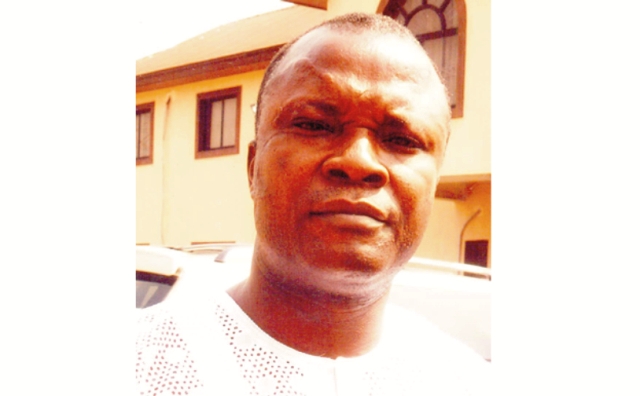Oil & Energy
Industrialist Laments Poor Power Supply

The Managing Director/
Chief Executive Officer, Sofan Estal Industry, Mr. Sossou Kouami Oliver, has lamented the negative impact of epileptic electricity supply in the country, saying it has frustrated the economy of the nation by slowing down the pace of industrilisation.
Oliver, who stated this while speaking to newsmen in Lagos regretted that poor power supply was taking away whatever profit the industries are making in Nigeria.
“Electricity is a major problem because it is taking whatever little profit we’re making from the business,” he said.
He said the price of diesel is going up every day while power supply is going down, noting that if the power supply was stable, irrespective of the tariffs being paid it would be better .
“If the power supply is stable and we are paying high tariff for it, I think it would be better because no matter how high the tariff will be, it wont be as much as the amount every business man or woman spends on generating power.
The Tide reports that both small and large scale business operators in the country view epileptic public power supply as the bane of survival in business as over 35 per cent of their profit goes to alternative power supply.
They believe that apart from being epileptic, the electricity distribution companies across the nation charge Gbysimally high and the companies distributing electricity base their charges on the amount of services rendered instead of on general volume of gas bought.
Recently, Hotels in Port Harcourt, the Rivers State capital took a joint resolution that the Port Harcourt Electricity Distribution Company (PHED) should cut their supply lines because of high tariff.
Oil & Energy
NUPRC Unveils Three-pillar Transformative Vision, Pledges Efficiency, Partnership

Oil & Energy
Electricity Consumers Laud Aba Power for Exceeding 2025 Meter Rollout Target

Oil & Energy
Petrol Consumption Hits 63.7m Litres/day, Diesel Dips …….NMDPRA Report

-

 Niger Delta2 days ago
Niger Delta2 days agoPDP Declares Edo Airline’s Plan As Misplaced Priority
-

 News4 days ago
News4 days agoDon Lauds RSG, NECA On Job Fair
-

 Sports2 days ago
Sports2 days agoSimba open Nwabali talks
-

 Nation2 days ago
Nation2 days agoHoS Hails Fubara Over Provision of Accommodation for Permanent Secretaries
-
Niger Delta2 days ago
Stakeholders Task INC Aspirants On Dev … As ELECO Promises Transparent, Credible Polls
-
Niger Delta2 days ago
Students Protest Non-indigene Appointment As Rector in C’River
-

 Oil & Energy2 days ago
Oil & Energy2 days agoNUPRC Unveils Three-pillar Transformative Vision, Pledges Efficiency, Partnership
-
Rivers2 days ago
Fubara Restates Continued Support For NYSC In Rivers

